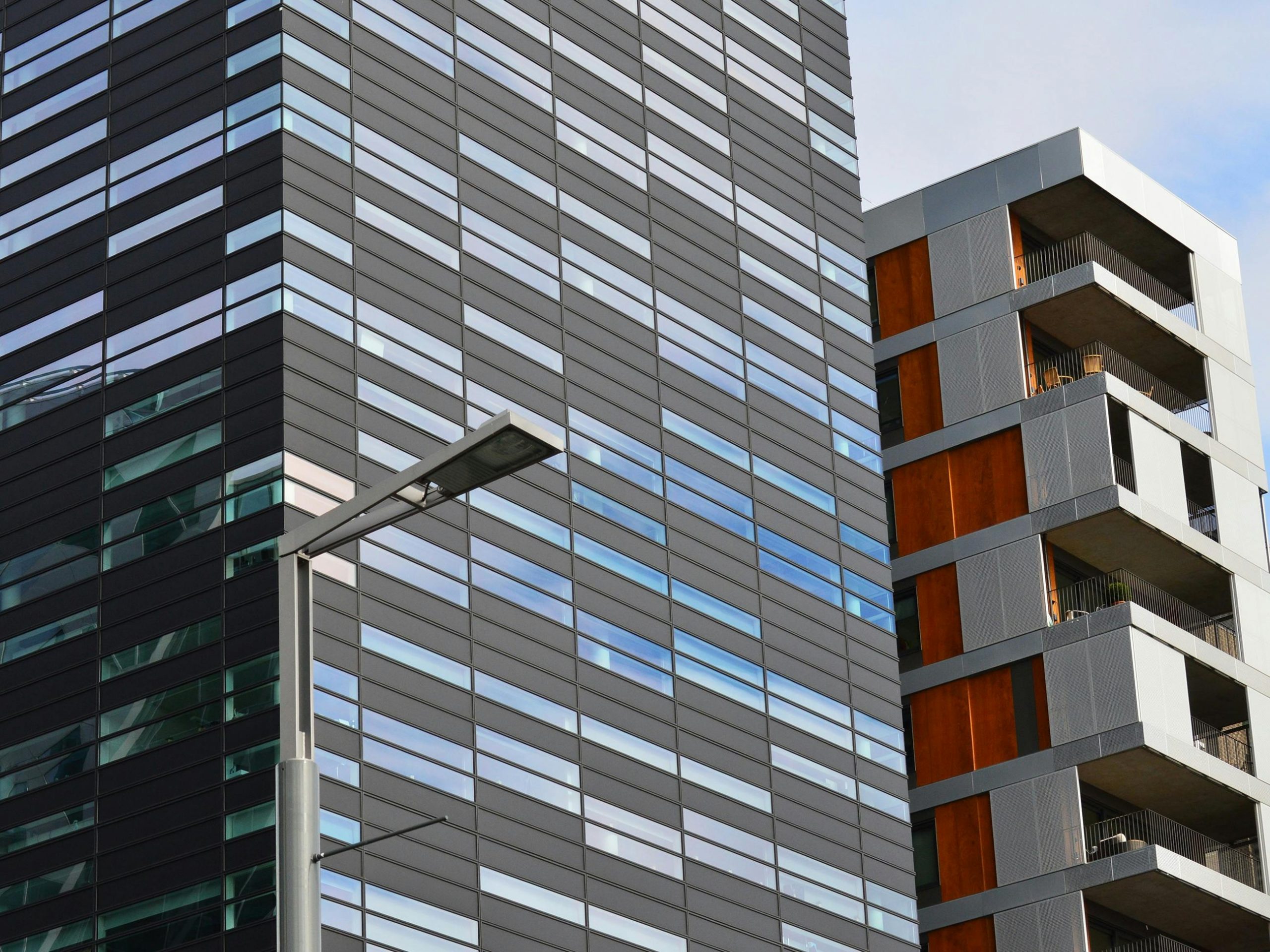Leasing a commercial property is a significant commitment. It’s essential to understand your responsibilities as a tenant to ensure the smooth operation of your business and maintain a good relationship with your landlord.
From the outset, you should be clear about what is expected of you, including rent payments, property maintenance, and adherence to specific regulations.
Knowing the scope of your responsibilities can help avoid disputes and ensure your business operates within the terms of your lease. This overview will delve into the key areas where you, as a tenant, need to focus your attention to comply fully with your lease obligations.
Maintenance and Repairs
As a tenant, you are typically responsible for the day-to-day maintenance of the leased space. This includes keeping the property clean and in good working order. You should promptly address minor repairs such as replacing light bulbs, fixing broken fixtures, and maintaining any equipment you own.
It’s also crucial to understand the distinction between minor repairs and more significant structural repairs, which are usually the landlord’s responsibility.
Always refer to your lease agreement for specific details on which maintenance roles are assigned to you versus those covered by your landlord. Regular communication with your landlord about maintenance issues can prevent minor problems from escalating.
Adherence to Safety and Health Regulations
Ensuring that your commercial space complies with local health and safety regulations is another critical responsibility. This includes regular checks to ensure that all fire safety systems are operational, pathways are clear and safe, and that your business activities do not create hazards.
For businesses in London, specific regulations must be followed rigorously, such as those relating to waste disposal and pest control. Effective pest control in London from experts such as Dyno-Pest is crucial, not just for the comfort of your employees and customers, but also to comply with public health standards.
Regular inspections and treatments by licensed professionals can safeguard your business against infestations, which are more common in densely populated areas.
Insurance Requirements
Commercial leases almost always require tenants to carry some form of insurance. This typically includes public liability insurance to protect against claims of personal injury or property damage caused by your business activities. You may also need to insure any significant improvements you make to the property.
It’s advisable to review your lease agreement carefully to understand the types and levels of insurance you are required to maintain. Ensuring you have the correct insurance coverage can protect your business financially and is a legal requirement in many commercial leasing scenarios.
Compliance with Lease Terms
Adhering to the terms of your lease agreement is fundamental. This encompasses paying rent on time, not using the property for unapproved purposes, and not making alterations without permission. It’s important to fully understand every clause in the lease agreement to avoid any potential breaches.
If you’re considering changes to the use of your property or altering the physical space, it’s always best to seek approval from your landlord first. This can prevent legal disputes and ensure that all changes are documented, protecting both parties’ interests.
Utilities Management
One of the tenant’s primary responsibilities in a commercial lease is managing utilities associated with the property. This generally includes setting up accounts for electricity, water, gas, and any other utilities required for your business operations.
It’s crucial to ensure that all utilities are functioning correctly and accounts are kept in good standing to avoid disruptions in service.
Upon taking occupancy, you should arrange all necessary utility accounts in your company’s name unless your lease stipulates otherwise. Regular monitoring of utility usage can help manage costs and identify any issues with excessive usage or leaks, which can lead to high bills or damage to the property.
Furthermore, implementing energy-efficient practices not only reduces costs but also aligns with environmental regulations and standards.
Consider energy-efficient lighting, heating systems, and water-saving fixtures to minimise your environmental impact and reduce overheads.
Decoration and Alterations
Decorating your leased space can make it more welcoming and aligned with your brand. However, most commercial leases have specific clauses concerning what alterations can be made to the property.
Always seek written approval from your landlord before undertaking any significant decorations or alterations. This includes adding partitions, painting, or changing the flooring. Keeping the landlord informed and involved in such decisions can prevent any misunderstandings and ensure compliance with your lease terms.
Typically, tenants are required to return the property to its original condition at the end of the lease unless agreed otherwise. Planning for this from the beginning by choosing reversible modifications can save considerable time and expense when the lease concludes.
Relationship with Landlord
Maintaining a positive relationship with your landlord can significantly affect your leasing experience. Effective communication and mutual respect can help resolve issues quickly and amicably.
Keep your landlord updated about any significant issues or changes in your business that might affect the property. This includes structural problems, changes in business operations, or plans to expand or reduce space. Open lines of communication can prevent disputes and facilitate smoother operations.
If disagreements arise, refer to your lease agreement first and try to resolve issues through direct negotiation. If this fails, consider mediation before more formal legal proceedings. Resolving disputes without resorting to legal action can save both parties time and money, preserving a constructive landlord-tenant relationship.
Subletting and Assignment
Subletting part or all of your commercial space, or assigning the lease to another business, can sometimes be necessary, especially if your business circumstances change. However, this aspect of leasing is tightly controlled.
Review your lease to understand your rights regarding subletting or assignment. Most leases require landlord approval before you can proceed with either. Ensuring you follow the proper procedures can prevent breaches of your lease terms.
When considering subletting or assignment, it’s important to vet potential subtenants or assignees thoroughly to ensure they are reliable and capable of fulfilling the lease’s obligations. Transparency with your landlord about your intentions and choices can facilitate the approval process.







